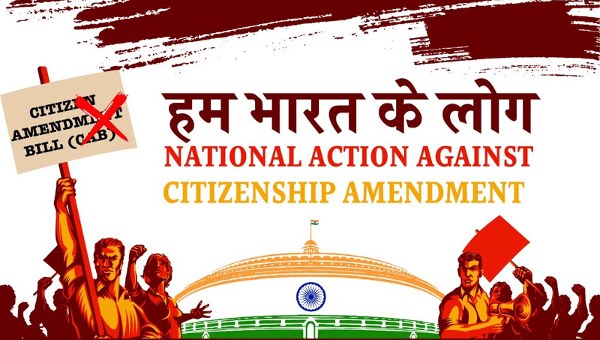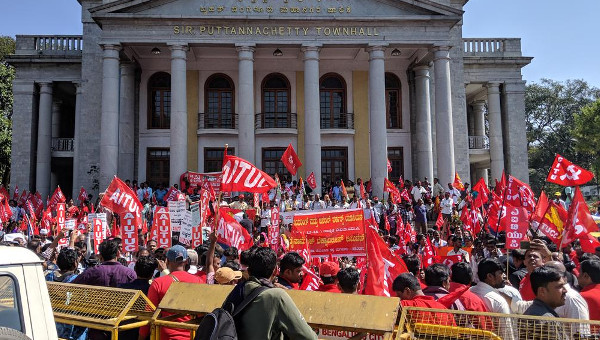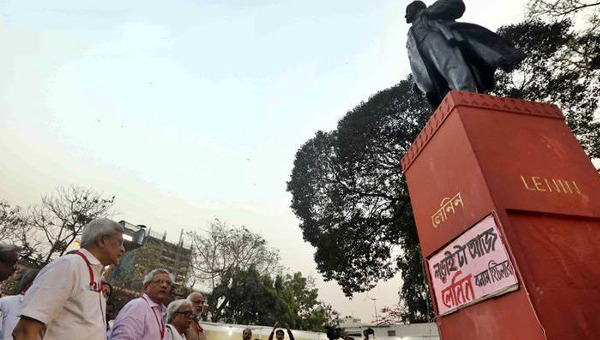Planning, Democracy, Socialism: Learning from Kerala
The 20th and early 21st centuries have witnessed numerous projects that link planning praxis to strategies of structural change. For the last two generations, the state of Kerala, India has … Watch video »
The 20th and early 21st centuries have witnessed numerous projects that link planning praxis to strategies of structural change. For the last two generations, the state of Kerala, India has been an important reference point in this history of experiments in popular and democratic planning. Focused on a discussion of the just revised People’s Planning: Kerala, Local Democracy and Development by T.M. Thomas Isaac and Richard W. Franke (LeftWord, New Delhi, 2021), this forum looks at the lessons from the Kerala case with all its promises, limitations and contradictions. Needless to add, this discussion took place in the context of the current pandemic, which too has clarified the urgency of multi-scalar democratic planning – not only to address the immediacy of socio-ecological crisis, but also to lay the building blocks for a new society.
Moderated by Stefan Kipfer, Faculty of Environmental and Urban Change, York University.
- Greg Albo, Department of Politics, York University.
- Ranu Basu, Faculty of Environmental and Urban Change, York University.
- Kanishka Goonewardena, Geography and Planning, University of Toronto.
- Justin Podur, Faculty of Environmental and Urban Change, York University.
Sponsored by the Faculty of Environmental and Urban Change, the Graduate and Undergraduate programs in Development Studies and African Studies, the York Centre for Asian Research, and the Department of Politics, York University, Toronto. Recorded online, 26 November 2021.





